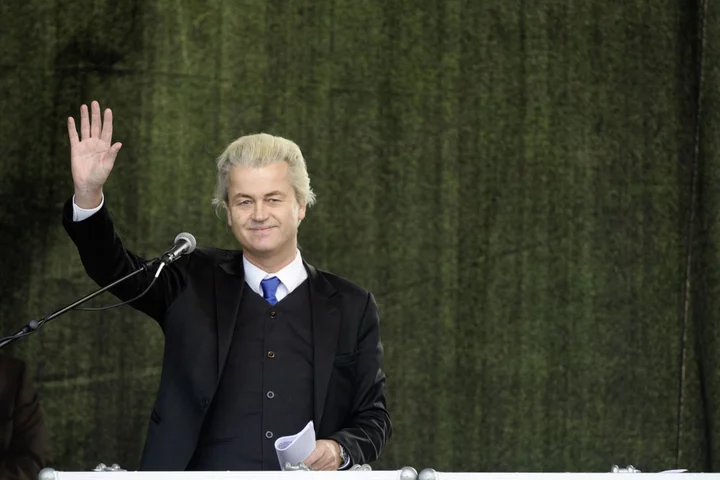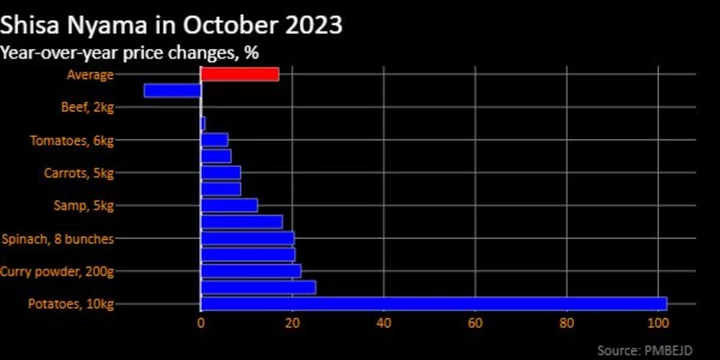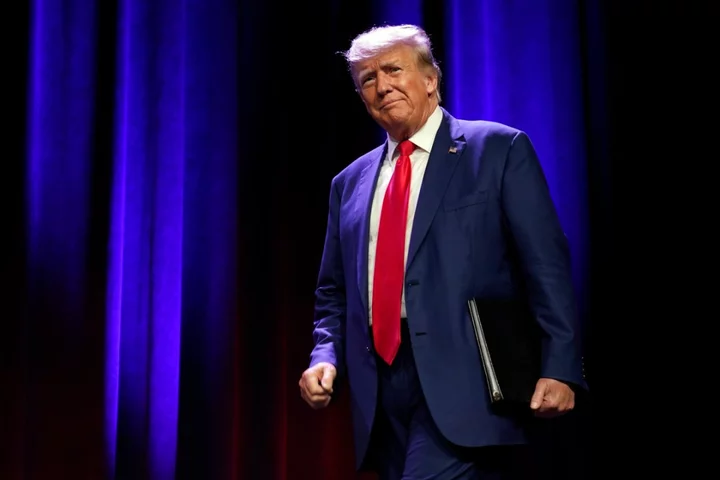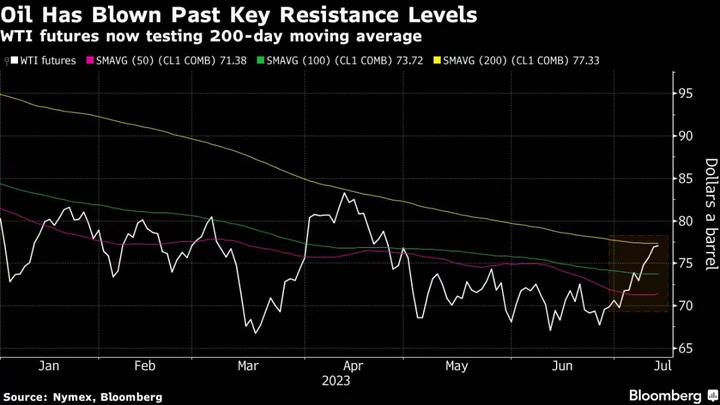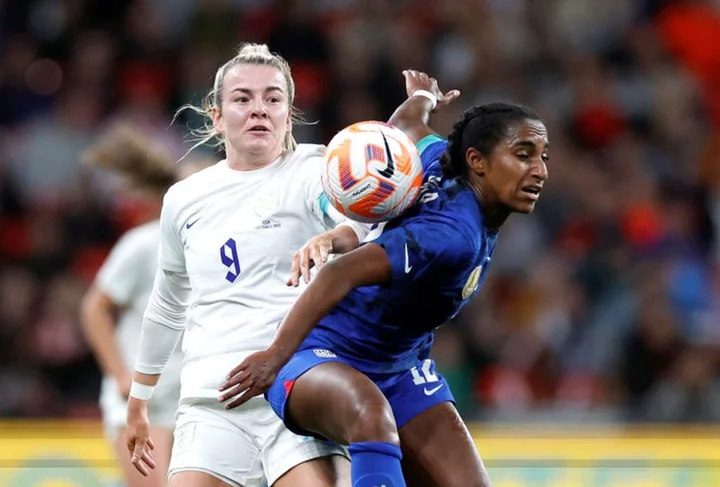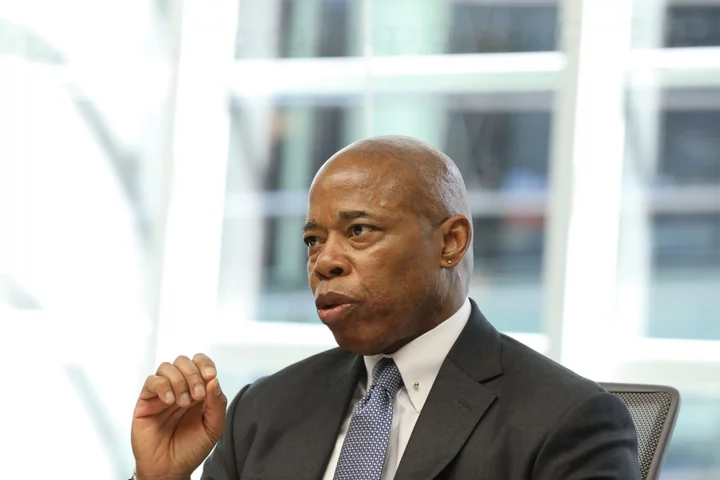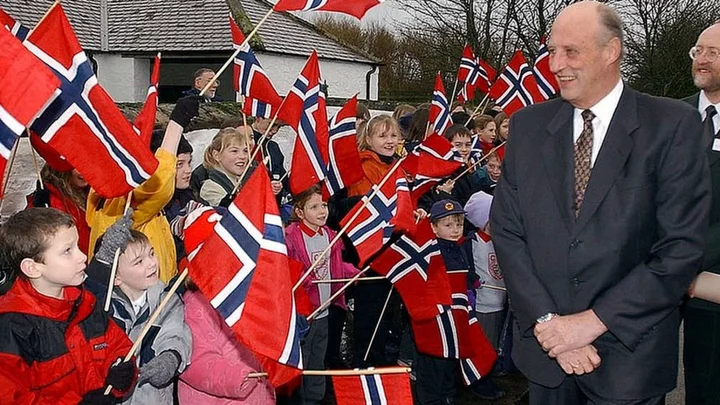Far-right lawmaker Geert Wilders is on course to lead the largest bloc in the Dutch parliament, although he may face an uphill struggle in finding partners to join him in a governing coalition.
After a late surge in the final days of the campaign Wilders’s Freedom Party is projected to win 35 seats, substantially less than the 76 required to secure an outright majority, according to an exit poll from public broadcaster NOS.
If the projections are accurate, his prospects of leading the next government will hinge on his ability to forge alliances with rival parties, some of whom have already ruled out working with him. The 60-year-old is known for his anti-Islamic views and has lived under police protection for two decades on account of death threats.
Wilders and his team hugged and cheered as the result was announced and sang along to the Rocky theme tune ‘Eye of the Tiger.’ Reporters who watched his campaign team celebrate at a crowded bar in Scheveningen near The Hague did so from behind glass.
The controversial politician benefited from the vacuum created by outgoing premier Mark Rutte’s decision to quit politics after 13 years in office — and from the refusal of Rutte’s successor as party leader, Dilan Yesilgoz-Zegerius, to rule out working with his party. Anti-migration sentiment of the kind Wilders has long-championed was a prominent issue on the campaign trail.
The Left alliance led by Frans Timmermans looked set to come second with 26 seats. Yesilgoz-Zegerius’s VVD is projected to take 23 seats, while a new party formed by lawmaker Pieter Omtzigt is projected to get 20 seats, NOS said at 9 p.m. local time.
If Wilders ends up playing a prominent part in the next government, it would elevate a euroskeptic into the heart of one of the union’s stalwart members. Wilders has called for the Netherlands to withdraw from its international climate obligations, and proposed a binding referendum on leaving the EU altogether, something he has termed “Nexit.”
Wilders has been a parliamentarian for 25 years but only once taken part in government, between 2010 and 2012 when he had an arrangement to support Rutte’s first, minority coalition from outside. Rutte subsequently ruled out working with him, after Wilders made comments insulting people of Moroccan descent for which he was censured by the courts.
It’s likely that the outgoing caretaker government led by Rutte could preside for a while, especially if Wilders’s strong showing complicates the coalition-building process. Yesilgoz-Zegerius signaled before the election that she might go into coalition with Wilders, but ruled out serving under him if he were to be prime minister. At the last election, four parties were needed to broker a majority government and the negotiations took a record nine months.
--With assistance from April Roach and Sarah Jacob.

